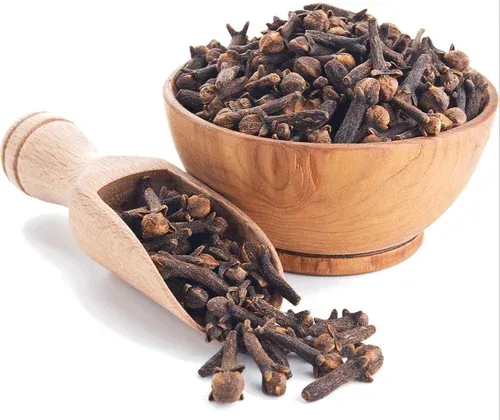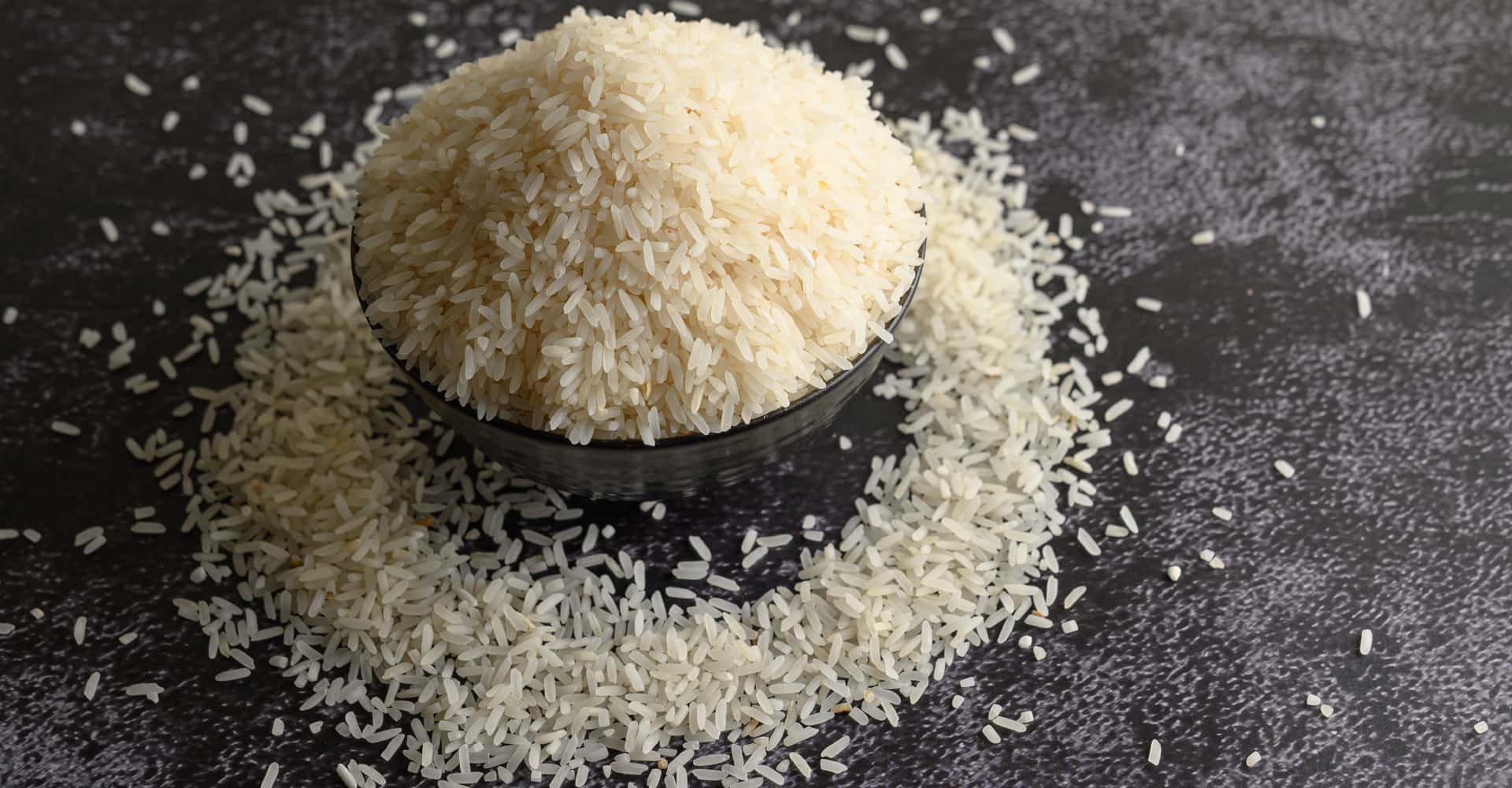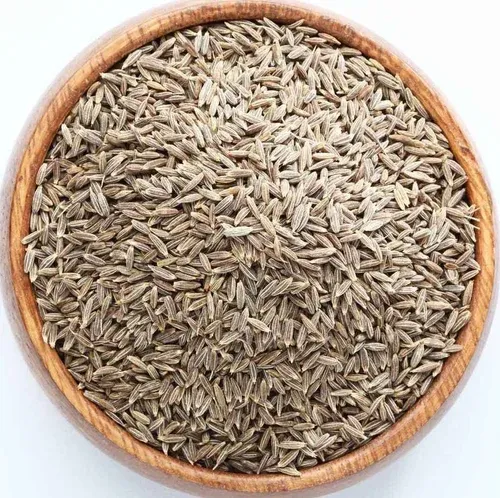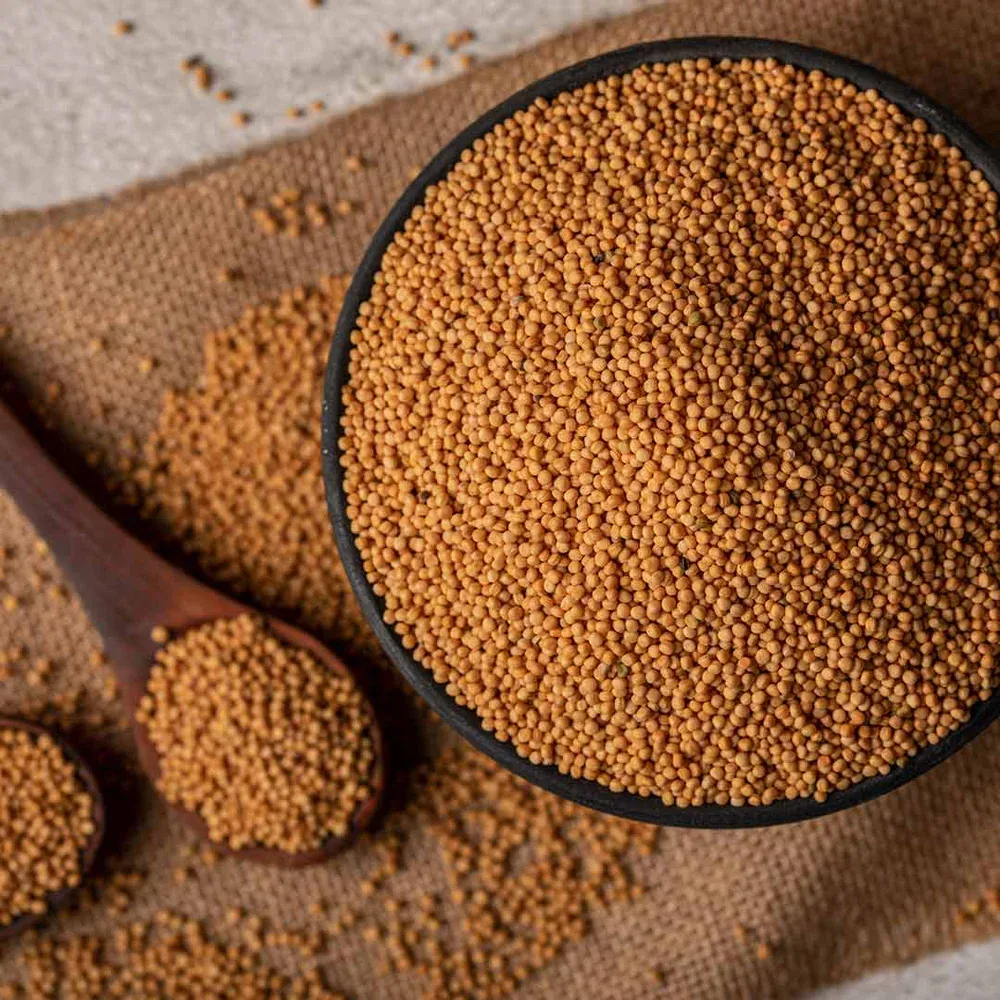Whole cloves are an aromatic spice derived from the dried flower buds of the Syzygium aromaticum tree, native to the Maluku Islands in Indonesia. They are small, dark brown in color, and shaped like tiny nails, with a bulbous head and a slender stem. Known for their bold, warm, and slightly sweet-spicy flavor, cloves have been used for centuries in global cuisine, traditional medicine, and even in natural remedies.
In cooking, whole cloves are commonly added to rice dishes, meat marinades, curries, pickles, and stews to infuse a rich, aromatic flavor. They are a key ingredient in spice blends like garam masala, five-spice powder, and pumpkin spice. In sweet dishes, cloves complement baked goods, fruit compotes, and beverages like mulled wine, apple cider, and masala chai.
Due to their intense flavor, whole cloves are usually removed before serving or ground into powder before mixing into recipes. They pair well with spices such as cinnamon, nutmeg, cardamom, and cumin, creating a deep, complex flavor profile.
Medicinally, cloves are known for their antimicrobial, anti-inflammatory, and analgesic properties. Clove oil, derived from the buds, is traditionally used to relieve toothaches, soothe sore throats, and support digestion. It is also found in some dental products, like mouthwashes and toothpaste, because of its natural germ-killing ability.
Cloves are also used in aromatherapy and perfumery, thanks to their strong and pleasant fragrance. They are often simmered in potpourri or used as natural air fresheners during festive seasons.
In traditional medicine systems like Ayurveda and Chinese medicine, cloves are believed to aid circulation, reduce inflammation, and balance digestive issues. They are also used in teas and decoctions for their warming and detoxifying effects.
Because of their long shelf life and versatility, whole cloves are a valuable pantry item, used sparingly but effectively to elevate both flavor and health in everyday cooking.







